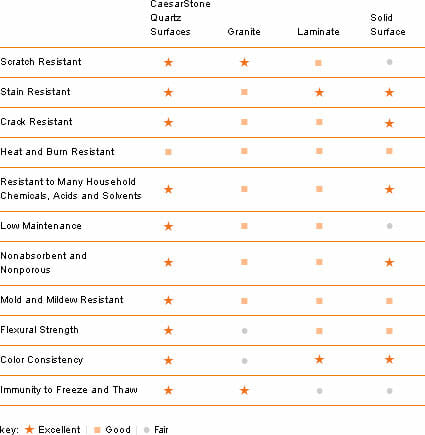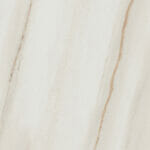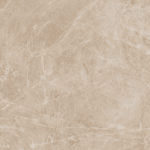Granite has long been a favorite surface for homeowners, and while it is still an excellent option for some, quartz is gaining ground over granite for a few important reasons.
When building or remodeling your home, the process naturally includes many choices. To make the best decision for your lifestyle, research the differences between quartz and granite and select a style/finish that best suits you and your usage of the surface.
More Than Just Aesthetics
Dubbed “the great divide” by design professionals on HGTV, the debate over quartz and granite countertops is more than a matter of aesthetics. Visual appeal counts, but with both choices offering beautiful varieties to fit almost any taste, it turns out to be the lesser issue at hand. When deciding between these two elegant surfaces, it might help first to understand the composition of the materials before exploring the pros and cons of either.
The Geology of the Stones
Granite is an igneous rock composed in part (10-50 percent) of quartz. Granite’s formation occurs from the cooling process of molten rock. The speed of the cooling as well as the depth of the rock, impacts the look of an individual slab of granite.
Quartz is a mineral, one of the most common minerals in the earth’s crust, and it is one of the main components found in many types of rock. It is found most often on sandy beaches when other minerals have washed away, due to its strength over other natural sediments, according to geologist, Trevor Nace.
Granite vs Quartz Countertops Pros and Cons
Quartz countertops offer extreme durability and heat resistance. Granite surfaces can crack and be weakened over time by changes in temperature. Mold, mildew and bacteria that could damage a granite surface are much less threatening to nonporous quartz options. And quartz surfaces never need resealing.

We love our kitchens, and no one wants second best surfaces in the heart of their home. Quartz countertops offer extreme durability here.
Granite has the potential for cracking and the surface can be weakened over time by changes in temperature. Quartz has been shown to hold up better to the heat of the kitchen. When it comes to quartz vs. granite countertops heat resistance, quartz wins again.
Mold, mildew and bacteria that could damage a granite surface are much less threatening to nonporous quartz options. While a granite countertop needs resealing every two to five years, quartz surfaces never needs resealing.
Busy Households Rely on Durable Countertops
Our lives are shaped in great part by our actions. Today’s households are often buzzing with movement, characterized by engagement with one another in their shared spaces. Quartz surfaces, with their integrity and versatility, can serve any room in even the busiest of homes. From the hustle and bustle of the mudroom to the spills and sticky fingers of the playroom, quartz stands up under pressure.
Caesarstone continues to raise the bar on what quartz surfacing can do. Having delivered the purest whites in quartz, semi-precious stone surfaces, and innovative textures, Caesarstone has transformed the aesthetic possibilities of home surfaces. With endless creative options for stunning spaces, the premier quartz surface manufacturer has opened up a world of inspiration.
To explore what might inspire you in every room of your home, visit Caesarstone online today.

























